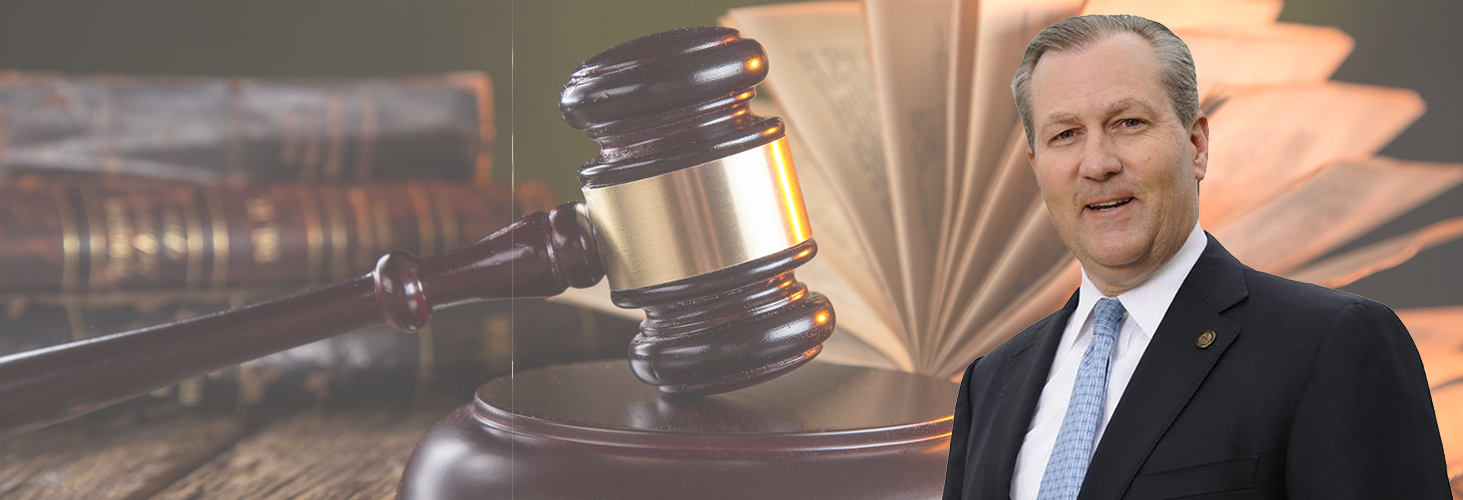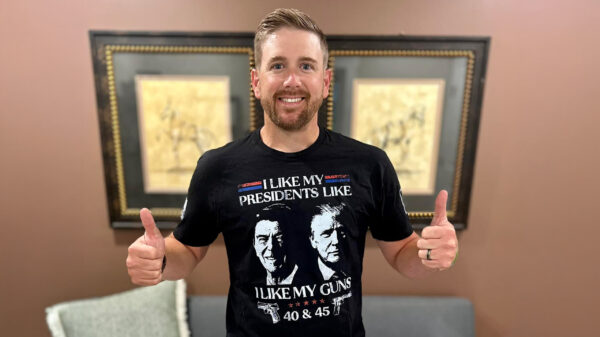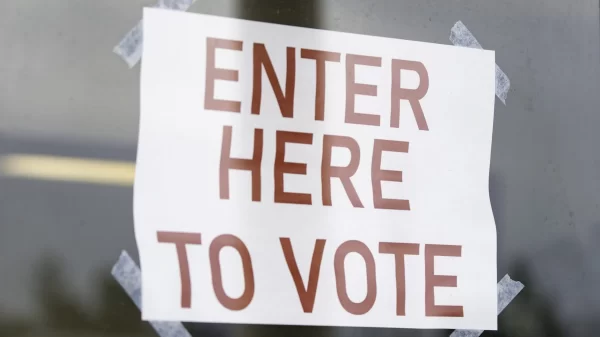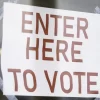By Bill Britt
Alabama Political Reporter
MONTGOMERY—The State’s prosecution in the Speaker Mike Hubbard felony case filed seven motions on Wednesday to exclude evidence or arguments from his upcoming criminal trial. The State’s Motion in limine seeks to have the case tried on facts related to Hubbard’s alleged criminal conduct, eliminating the possibility that the defense uses improper testimony or evidence as a means of misdirection to sway the jury.
According to Black’s Law Dictionary (8th ed. 2004) “Motion in limine” is defined as “a pretrial request that certain inadmissible evidence not be referred to or offered at trial.” A Motion in limine is used to get a ruling to allow for the inclusion of evidence, not only to get a ruling as to whether or not evidence will be precluded from trial. The State wants Judge Jacob Walker, III, to exclude any evidence or arguments concerning prosecutorial misconduct, selective prosecution, grand jury abuse, or a “political witch hunt.”
The prosecution argues the defense allegations of prosecutorial misconduct, selective prosecution, and grand jury abuse, as well as what it labels a “political witch hunt,” was rejected by Judge Walker in a pretrial order. The State is asking the court to prevent “any party, witness, or attorney” from “asking certain questions, giving certain answers, or in any manner directly or indirectly referring to or alluding to any otherwise inadmissible fact, matter, or circumstance during the course of trial in the presence of jurors or the venire” about any alleged prosecutorial misconduct, selective prosecution, grand jury abuse, or similar political conspiracy theories,” in accordance with Judge Walker previous order when he rejected these arguments by the defense.
The State wants to exclude any evidence or arguments about alleged “customs” or “habits” of other public officials. Hubbard at pretrial tried to justify some of his consulting contracts by accusing others of have similar contracts. During the pretrial phase, Hubbard issued subpoenas to several public officials, including Rep. Patricia Todd, Sen. Quinton Ross, Rep. Dimitri Polizos, Sen. Cam Ward, Sen. Jabo Waggoner, Sen. Dick Brewbaker, former Speaker Seth Hammett, and former Alabama State Health Officer Dr. Donald Williamson. Hubbard also issued subpoenas to Business Council of Alabama lobbyists Billy Canary and Mark Colson, as well as former Attorney General’s Office employee Jessica Garrison.
While only Colson eventually testified, the prosecution wants to preclude Hubbard from using an “everyone does it” defense. The motions states, “Rule 406 does not permit Hubbard to mount an ‘everyone does it’ defense in his criminal trial using alleged ‘customs’ or ‘habits’ of other legislators or public officials. Stated simply, ‘everyone does it’ is not a defense to felony ethics charges, any more than it is a defense to a speeding ticket.”
The prosecution seeks to exclude improper evidence or argument concerning State ethics laws, an argument the defense failed to win in pretrial hearing.
The State argues Hubbard has “publicly, and in filings before this Court,…misstated the law and made arguments based on irrelevant legal opinions.”
In pretrial hearings, Hubbard tried, in vain, to convince the court that the laws he championed and voted for were in hindsight, unconstitutional. The State says, “This Court should not permit Hubbard to confuse the jury by saying that the charges against him do not reflect his understanding of the Ethics Laws. The jury is tasked with following the Ethics Laws as explained by this Court, not by Hubbard.”
The prosecution wants the results of post-indictment elections for the offices of State Representative or Speaker of the House in which Hubbard was a candidate, or the specific results of those elections. Hubbard has long used his reelection as a Representative and the Speaker as a sign of his innocence and support. It would be difficult to explain the fear and favor dynamic of the House or his districts unwillingness to support a democratic candidate.
According to the filings, “Any arguments or evidence about Hubbard’s reelection to be a State Representative or Speaker of the House are not relevant because they do not ‘make the existence of any fact that is of consequence to the determination of the action more probable or less probable’…they have no bearing on the charged conduct because the elections occurred after the grand jury indicted Hubbard.”
The State also wants to exclude any evidence or arguments about specific acts of Hubbard’s good conduct or specific acts of bad conduct by the state’s witnesses. The prosecution states, “Here, Hubbard’s character and character traits are not essential elements of any of the charges against him.” The motion also argues, “Hubbard may also attempt to introduce evidence purporting to show specific acts of bad conduct by the State’s witnesses in order to attack their credibility. But such evidence is generally inadmissible under Alabama law except as authorized under the limited exceptions for criminal convictions.”
In the latest motion, the State wants the trial judge to deny the defense the use of any argument that other candidates’ use of Craftmaster Printers or Auburn Network. Here again, Hubbard may try to use a defense that other candidates used his business for their campaigns. The State contents, “The charges involve Hubbard directing ALGOP money (not other candidates’ campaign funds) to his businesses. It does not matter whether candidates or officials spent their own campaign money with these businesses, had a good or bad experience with these businesses, or even whether candidates or officials voluntarily chose to use these businesses.”
The prosecution argues other candidates’ or officials’ use of campaign funds simply has nothing to do with Hubbard’s use of ALGOP funds to benefit the businesses with which he is associated.”
In the State’s Motion in limine, it argues to exclude improper sentencing evidence or argument that Hubbard should not be able to use his possible term of years in prison may face if convicted to prey on the jury sympathy. The motions reads in part, “Under Alabama law, both the State and the defense are prohibited from mentioning that Hubbard has been charged with felony counts or that a conviction on any of the charges would subject him to a number of years in prison. ‘[W]here the punishment is imposed by the court and not by the jury, the duration of the imprisonment for the crime in question is not a proper subject of comment by counsel.’”
Several of the issues have been previously ruled on by Judge Walker. He could rule on the motion at the pretrial hearing set for April 20.























































